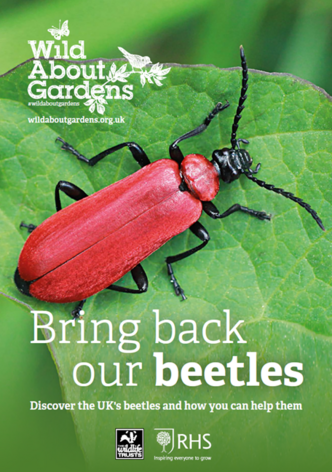Beyond every kitchen window in Avon, vibrant spring bulbs are staging a takeover, our hedgerows are pulsing with new life and lambs leap in the fields. Newly built nests dot our gardens as children race beneath them, hunting for eggs of the chocolate variety. This year the sense of joyful rebirth is even more acute as we emerge from a lockdown that, for many, has seemed relentless.
At a time when nature is under threat – 97% of wildflower meadows have been destroyed since the 1930s – spring’s joyful display is a welcome reminder that, left to itself, wildlife will thrive. It’s the perfect time of year to reflect on our vision for at least 30% of our land and sea to be connected and protected for nature’s recovery by 2030.
Our B-Lines project is a great example of how this can become a reality if we all work together. Over the past 50 years our bees and insects have suffered badly as modern farm practices have impacted the flower-rich grasslands on which they depend. Working with our partners, Buglife and Somerset Wildlife Trust, we are working to create a series of flower-rich ‘insect pathways’ through the local countryside. With the arrival of spring, new growth is filling these wildlife corridors as well as many of our reserves, joining habitats together so that nature can thrive once again.
But you don’t have to leave the house to see fabulous spring wildlife. Gardens can also play a vital role in getting us all involved in restoring the natural world. Along with the Royal Horticultural Society we have launched the Wild About Gardens campaign to get more people digging their patch with wildlife in mind. Whether you have a garden, courtyard or balcony, there are so many ways to transform it into a thriving habitat for hundreds or even thousands of species – from allowing a patch of your lawn to grow, to ditching the pesticides and planting bee-friendly flowers. Wildlife gardening is easy: the rule of thumb is – if in doubt, do less!





